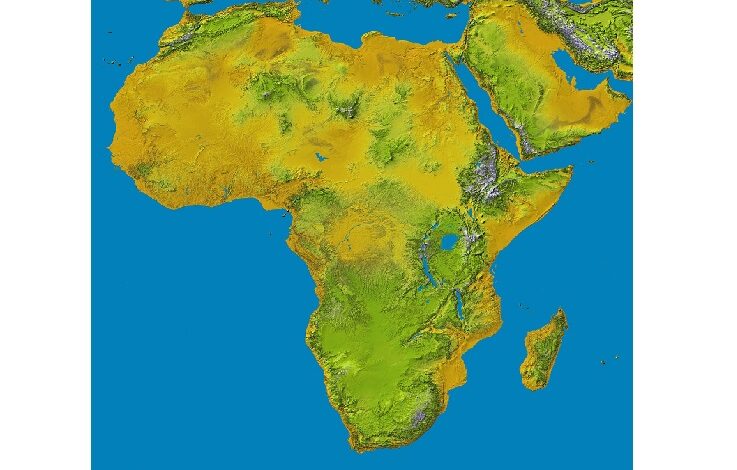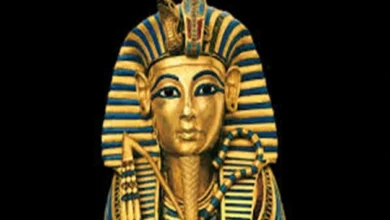Who discovered Africa and what is the meaning of Africa

A fascinating question, although if we consider the hypothesis that it was from Africa that humanity came, then this question loses its meaning because Africa has always known.
Indeed, North Africa, namely the ancient Egyptian civilization, stands at the origins of the modern European society – it was from ancient Egypt that the ancient Greeks drew their inspiration, who created an equally beautiful culture, which the Romans then adopted from them.
But for a long time, only North Africa was known. Simultaneously, the rest of the considerable territories of this great continent for many centuries cover with a veil of obscurity.
The first Europeans who got further than the territory of North Africa were the Portuguese; therefore, they can be considered the discoverers of the African continent.
In 1415, the ships of Henry, the Sailor, reached Cape Bojador (West Africa), and 19 years later, in 1434, another Portuguese navigator Gils Eanes sailed even further, bypassing Cape Bojador, by the way, very dangerous because of the numerous reefs and eddies, which killed a lot of ships.
In 1484, the Portuguese navigator Diogo Cao was the first European to cross the equator and sailed to South Africa.
Bartolomeu Dias continued his business; in 1486, he circled Africa for the first time, discovered the Cape of Good Hope (the southernmost point of Africa, 50km south of Cape Town), and ended up in East Africa.
The coast of East Africa, after him, for ten years was explored by another famous Portuguese navigator – Vasco de Gama, who was the first of the Europeans to reach India by sea (which at one time Columbus wanted to get, but instead accidentally discovered America).
Following the Portuguese, the British were actively engaged in the study of Africa, followed by the French, then the Germans. This primarily facilitates by London’s creation of a particular royal African society, which engages in equipping research expeditions to Africa. By the way, such journeys were costly, so they were often sponsored by the royal courts of Europe.
Since most African expeditions make by seafarers, only the coastal African territories remained better studied, while the depth of the “black continent” remained terra incognita beyond.
It actively looked only in the 19th century; the most outstanding merit here belongs to the famous English traveler David Livingstone (1813-1873), who in his travels was the first of people to cross Africa from east to west, from the Indian Ocean to the Atlantic, along the way, there were a lot of exciting places, such as, for example, Victoria Falls, named by David Livingstone in honor of the English Queen Victoria.
What is the meaning of Africa
One of the most popular assumptions about the origin of the name ‘Africa’ comes from the Roman name for a tribe living in northern Tunisia, which is believed to be a Berber people.
The Romans variously called these ‘Afri’, ‘Afer’ and ‘Ifir’. Some believe that ‘Afri’ is an abbreviation for ‘Afri terra’, which means ‘land of Afri’. However, there is no evidence in the primary sources that the term ‘Afri terra’ was used to describe this region. There is no direct evidence that it was from ‘Afri’ that the Romans derived the name ‘Africa’.




